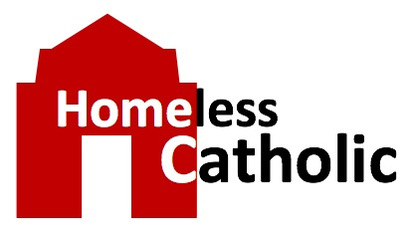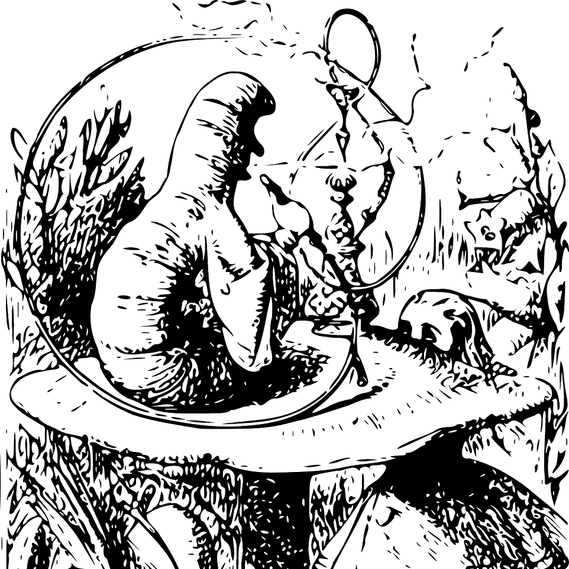A new paradigm might help
The term ‘sinners’ has been batted around since long before I studied the Baltimore catechism. It was probably a source of argument long before Jesus. It certainly was an important issue in Jesus’ day. It was not just the caterpillar in Alice in Wonderland who maintained “When I use a word it means exactly what I want it to mean, neither more nor less.”
Many insisted on the same in the past. Many still do so today. And when it comes to sin we are left scrambling in our confusion with a variety of people choosing the meaning of the word.
Image by Clker-Free-Vector-Images
A new paradigm might help
By Steve Hall
https://bible.usccb.org/bible/readings/011423.cfm
Hebrews 4:12-16
Mark 2:13-17
For most of us, Mark 2:13-17 a familiar text. More than once in the gospels Jesus upsets, even scandalizes the Pharisees by his association with known sinners of his day. Apparently Levi, son of Alphaeus, was one of these pariahs since it was at his house that the dinner gathering was held.
So what is it with the Pharisees? In the gospels they are often portrayed as hostile — more or less — to Jesus and his mission. Yet, in spite of their errors they were the ‘keepers of the Law.’ That, in itself, is a good thing. But as is so often true of humanity, they clung tight to the teachings of Moses and their heritage even as they slowly and steadily made it conform to their personal concerns. In some aspects of religious practice Jesus would even accuse them of being hypocrites. The law is conducive to such behavior as there will always be those ready to debate the possible number of angels that can dance on the head of a pin. Consequently, we end up questioning who are the sinners?
The term ‘sinners’ has been batted around since long before I studied the Baltimore catechism. It was probably a source of argument long before Jesus. It certainly was an important issue in Jesus’ day. It was not just the caterpillar in Alice in Wonderland who maintained. “When I use a word it means exactly what I want it to mean, neither more nor less.” Many insisted on the same in the past. Many still do so today. And when it comes to sin we are left scrambling in our confusion with a variety of people choosing the meaning of the word.
According to the Baltimore Catechism, sin is any thought, word, action or omission contrary to the Law of God. And so we are taught to discover our sinfulness by looking at our past. That being the case, it is easy to say, “No, I didn’t do that.” as we review the short or the long list of things forbidden by the Ten Commandments. As I recall, however, there’s always been a distinction between the first three and the final seven. The seven, in one form or another, are common to most cultures. The first three are distinctly Jewish in origin; and, of the three, the first is unarguably the most important. In fact, all other commandments flow from this one.
Suppose, then, that the Pharisees had adopted a different paradigm. And suppose that we too did the same. At its core, our sinfulness is our separation from God. Every single moral law that we attempt to observe is doing nothing more than identifying that which will keep the separation intact, or even make it grow. Suppose then that we search for sins opposite. Suppose that we regularly ask of ourselves: “How, today, have I grown closer to God?” Our judgement and condemnation of others would necessarily end. Our observance of the Law would necessarily improve. Spiritual satisfaction would be a thing of the past.

